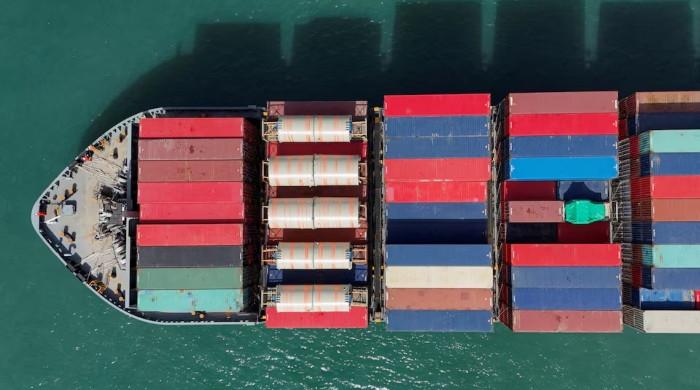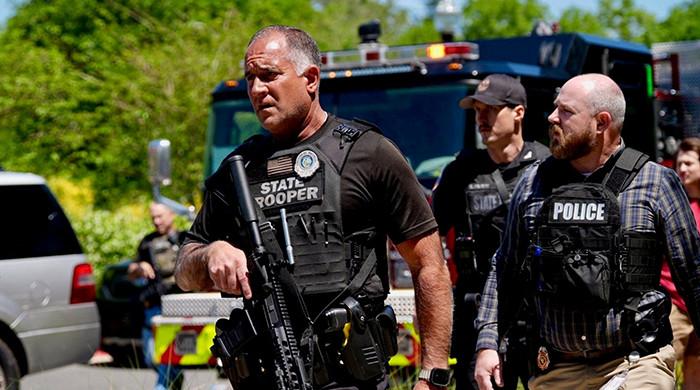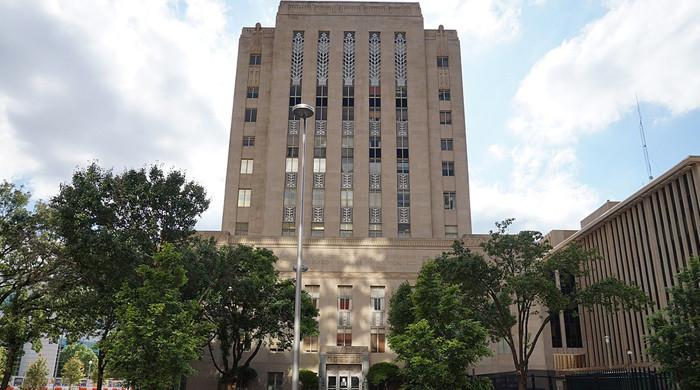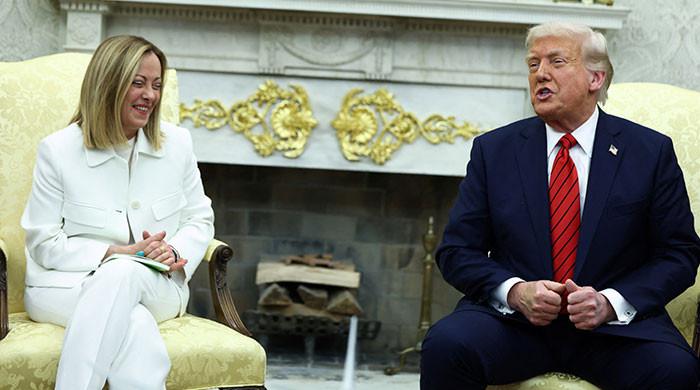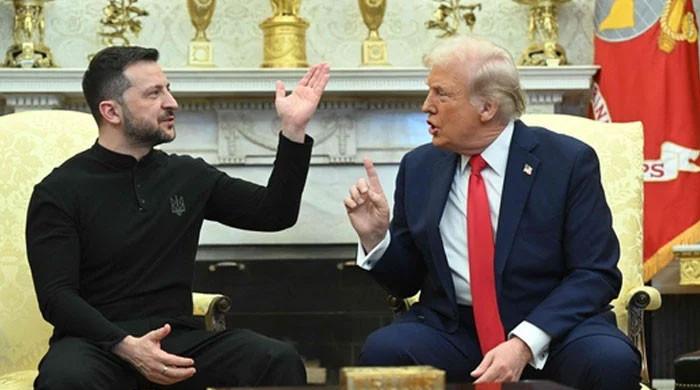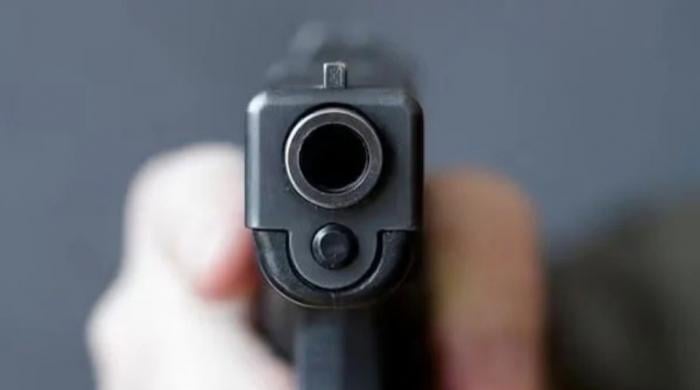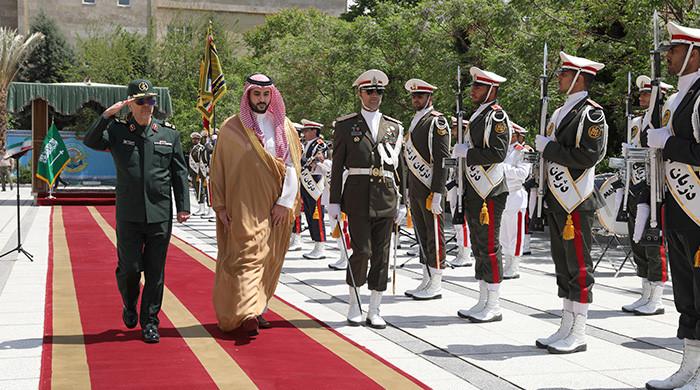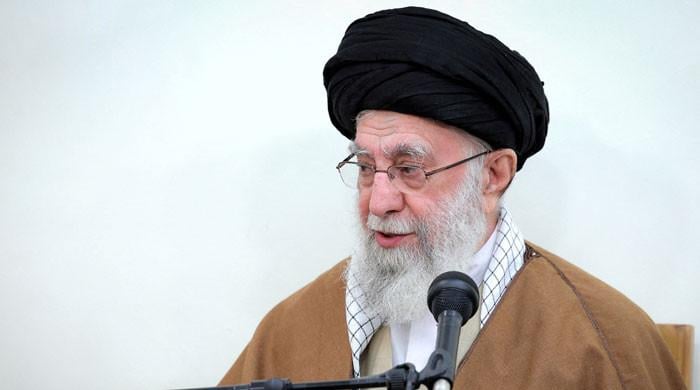Jamaat-e-Islami leader Delwar Hossain Sayedee's death in jail plunges Bangladesh into protests
"We won't let the blood of Sayedee go in vain," shouted protestors of Jamaat-e-Islami leader Delwar Hossain Sayedee
August 15, 2023
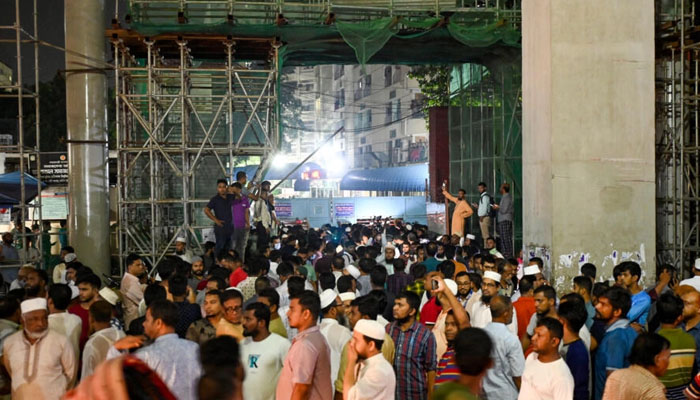
Thousands of enraged demonstrators marched across Bangladesh shouting anti-government slogans after a powerful Jamaat-e-Islaami opposition leader, Delwar Hossain Sayedee, died of a heart attack in jail on Monday at the age of 83.
Sayedee, vice president of the opposition Jamaat-e-Islami party, died in a prison hospital early Monday evening, just over a decade since his conviction by a controversial war crimes court triggered the deadliest political violence in the country's history.
Thousands of mourners and supporters of Jamaat-e-Islami leader Delwar Hossain Sayedee's rallied outside the hospital after his death, chanting "Allahu akbar", or "God is greatest", with large numbers of police deployed.
"We won't let the blood of Sayedee go in vain", supporters shouted, with many blaming the government of Prime Minister Sheikh Hasina, which is preparing for key general elections slated for January.
Hospital authorities said Sayedee was admitted to the health facility after suffering a heart attack in Kashimpur Prison outside the capital Dhaka on Sunday.
"He faced another heart attack today (Monday) at 6.45 pm (1245 GMT) and died at 8.40 pm," hospital director Brigadier General Rezaur Rahman told AFP, adding he had had five stents inserted into his arteries.
Jamaat-e-Islami announced Sayedee's death on its Facebook page, where it accused the authorities of "slowly turning him into a martyr without treatment in the prison".
Delwar Hossain Sayedee was sentenced to death in 2013 by a war-crimes tribunal on eight charges of murder, rape, and persecution of Hindus, triggering deadly protests by thousands of supporters nationwide, leaving more than 100 people dead.
The party said tens of thousands of its supporters were arrested in a subsequent crackdown, and the party was only this year able to hold public protests again.
In 2014, Bangladesh's Supreme Court said Sayedee should spend "the rest of his natural life" in jail for crimes during the 1971 liberation war with Pakistan.
Sayedee shot to prominence in the 1980s after he started preaching in some of the Muslim-majority nation's top mosques.
In his heyday he would draw hundreds of thousands to his sessions and CDs of his speeches were top sellers.
Even people who were not supporters of Jamaat attended his preachings.
Jamaat-e-Islami was banned for much of the 1970s for its support of Pakistan during the war, but by the 1990s it had become the country's third-largest party and the biggest religious outfit.
Political analysts credit Delwar Hossain Sayedee's preaching for transforming the party into a major force.




